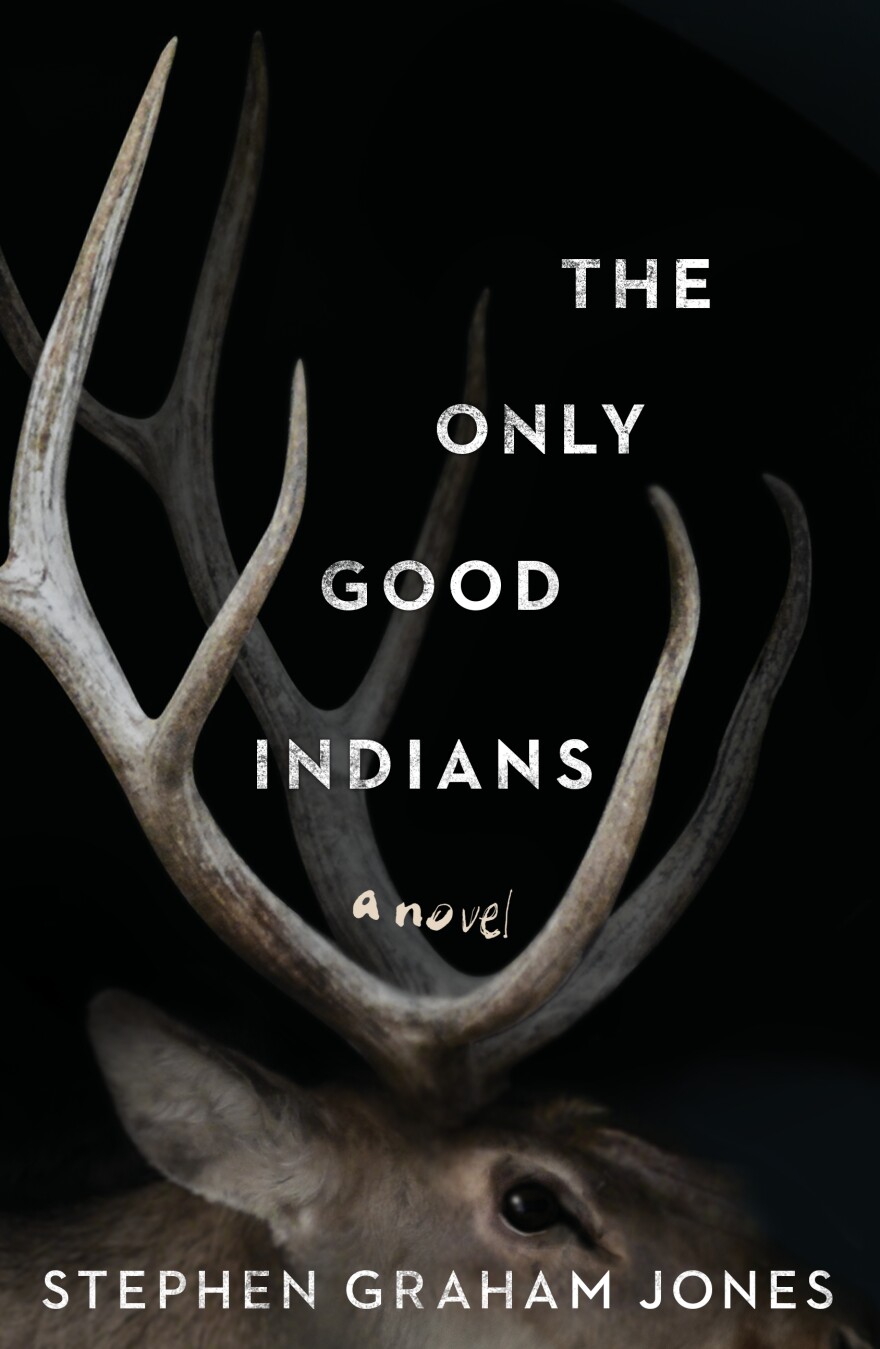Stephen Graham Jones’ latest novel, The Only Good Indians, takes us to the Blackfeet Nation in Montana’s fertile forests and the undeniable mystery and allure they hold for hunters of elk. This is the backdrop for a stunning horror story where four Native American men come face to face with the karmic forces that will exact revenge on them for disrespecting the land and its sacred creatures.

Highlights of the interview with Stephen Graham Jones
On entering a horror novel knowing it will be scary
It kind of is like if you go to a haunted house attraction, then you pay your $20 and walk through those big double doors and see the darkness and fog and hear screams. And you know that there's gonna be stuff in there that's gonna make you jump and make you kind of regret having walked into the double doors, but you're already through the door. You just gotta push through until you exit and until the person at the end chases you with a chainsaw.
On the humor in the novel
I think when you're writing horror, you have to find a pressure release valve that you can depress every — I don't know — 10 or 12, maybe 15 pages, because horror tends to escalate, escalate, escalate, or inflate, inflate, and inflate. And it really quickly reaches like a plateau. … And at any time you have like flatness in the novel instead of spikes, then I think the reader can become bored and drift away. So with horror, you do want to have like … dread, dread, you know, uncertainty and then have a laugh or some sort of aside or something like that, that functions to release the mounting pressure and reset things. So you can dip down and then start to climb again and then dip down and start to climb again. And that's how I like to use humor in horror.
On how his writing acts as social commentary
I do always feel like I'm pushing back against something. I think I feel like it’s not specific to 2020. I hope I've been doing it since my first novel back in 2000. But you know, I always remember one of my philosophy professors was talking about a certain philosopher and explaining him to us. And he said this guy could imagine the establishment is a huge like stone column. And this guy is a little cartoon character and infinitesimally small at the base of that column. And he's trying to punch that establishment and knock it over. And he's just hurting himself, doing it over and over, but he's not going to quit punching. And I think a lot of writers feel like that's where we are. You know, the establishment is this big, formidable column, but you just got to hit it at the base over and over and over until something breaks. If enough of us are trying to do that, maybe it'll topple.



